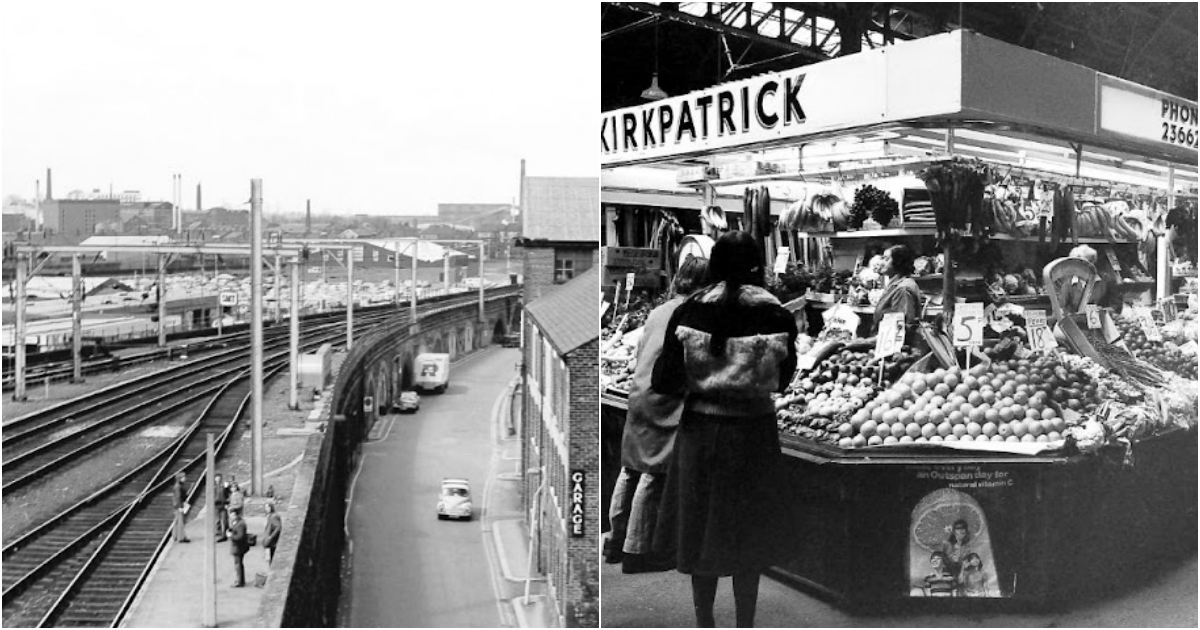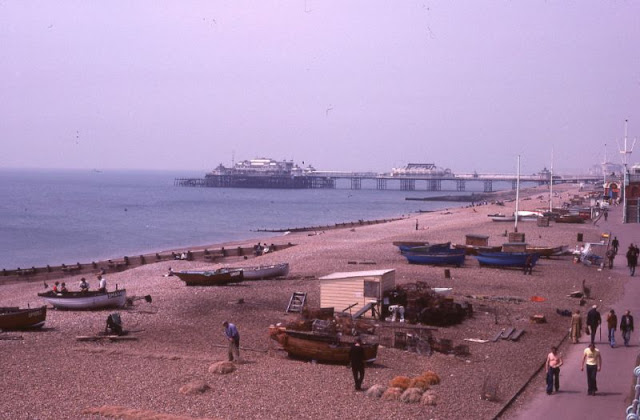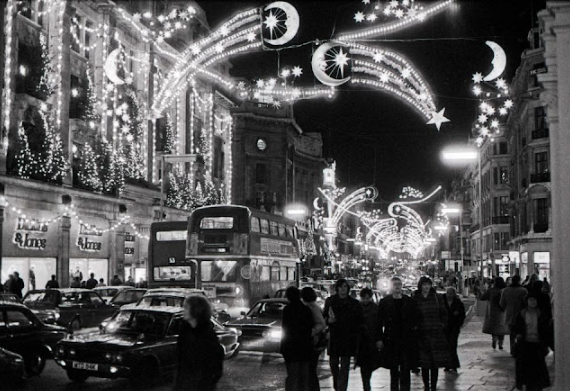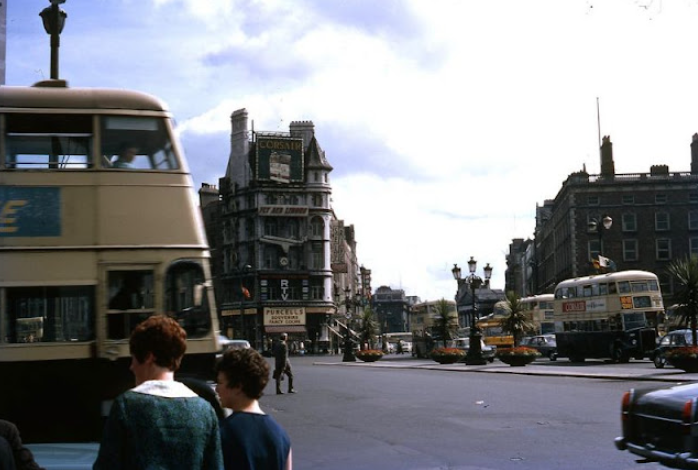The River Thames is 215 miles long and has been an important trade route throughout its history.
Some people believe that the Romans may have been influenced by the Thames when they were choosing where to build London. According to the Museum in Docklands, the river was probably only tidal to where the City of London now sits when the Romans were choosing a site.

There are 44 locks on the non-tidal Thames, which begins nears Cirencester and ends at Teddington Lock.
The first bridge in the capital was located where the current London Bridge stands. It has been rebuilt many times since the Romans first constructed a river crossing there around 2,000 years ago.
Before engineer Sir Joseph Bazalgette built London’s sewer system, much of the capital’s waste was dumped in the river. In 1858, the stench from the river was so overpowering that Parliament had to be suspended and the government decided to find a way to rid the Thames of sewage.
.jpg)
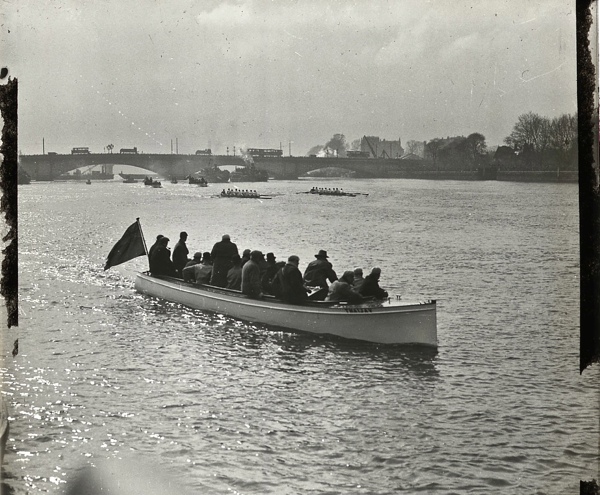.jpg) |
| Oxford & Cambridge Boat Race at Putney Bridge, c. 1910 |
.jpg) |
| Tower of London from the river, c. 1910 |
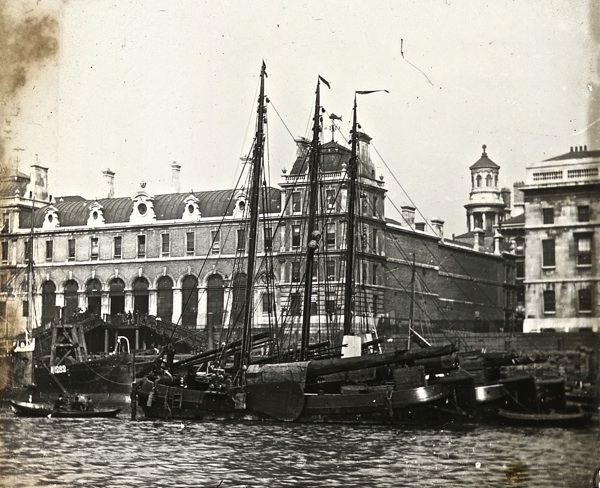.jpg) |
| Billingsgate Market, c. 1910 |
.jpg) |
| Customs House, c. 1910 |
.jpg) |
| Lots Rd and Battersea Bridge, c. 1910 |
.jpg) |
| Shipping near Tower Bridge, c. 1910 |
.jpg) |
| Tower of London from the Thames, c.1910 |
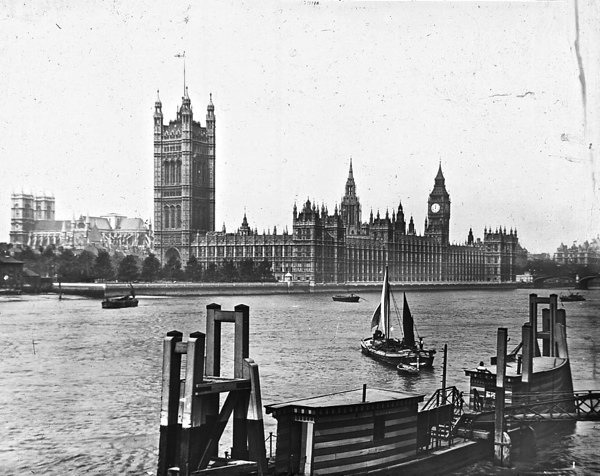.jpg) |
| Houses of Parliament from South Bank, c. 1910 |
.jpg) |
| London Docks, c. 1920 |
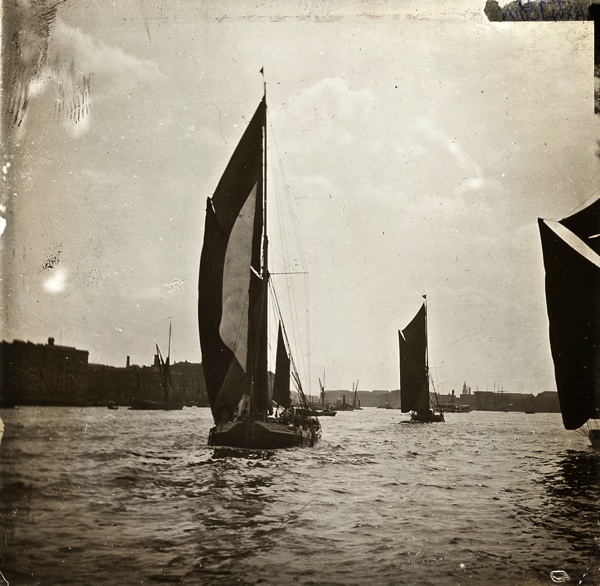.jpg) |
| Off Woolwich, c.1920 |
.jpg) |
| Greenwich pier, c. 1920 |
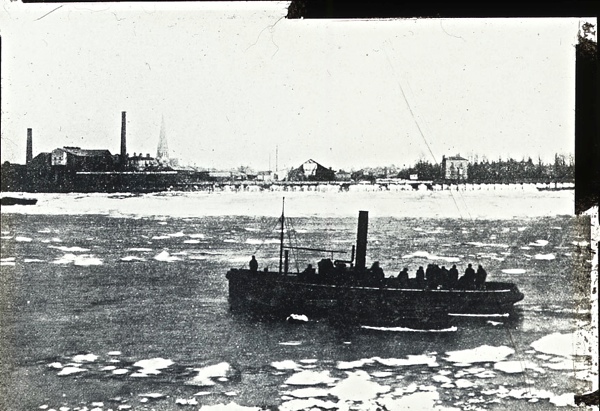.jpg) |
| Ice floes on the Thames, c. 1920 |
.jpg) |
| St Paul’s Cathedral from Bankside, c. 1920 |
.jpg) |
| St Paul’s Cathedral from Waterloo Bridge, c. 1920 |
.jpg) |
| St Paul’s Cathedral from the river, c. 1920 |
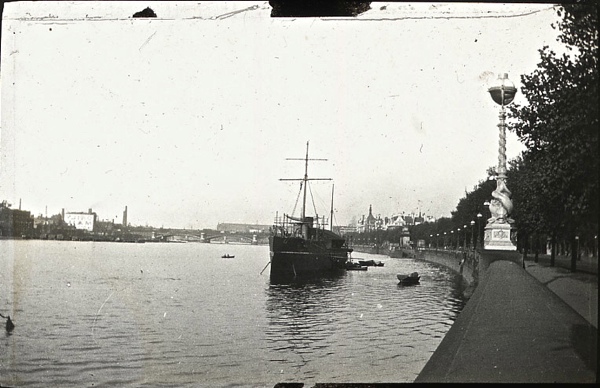.jpg) |
| Victoria Embankment, c. 1920 |
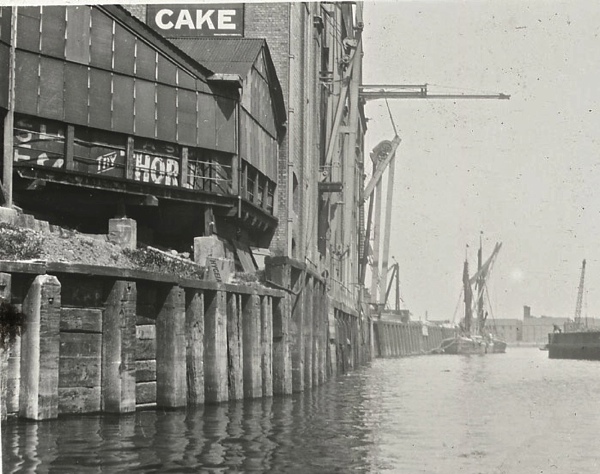.jpg) |
| Wandsworth Creek, c, 1920 |
.jpg)
|
| St Paul’s Cathedral from Bankside, c. 1910 |
